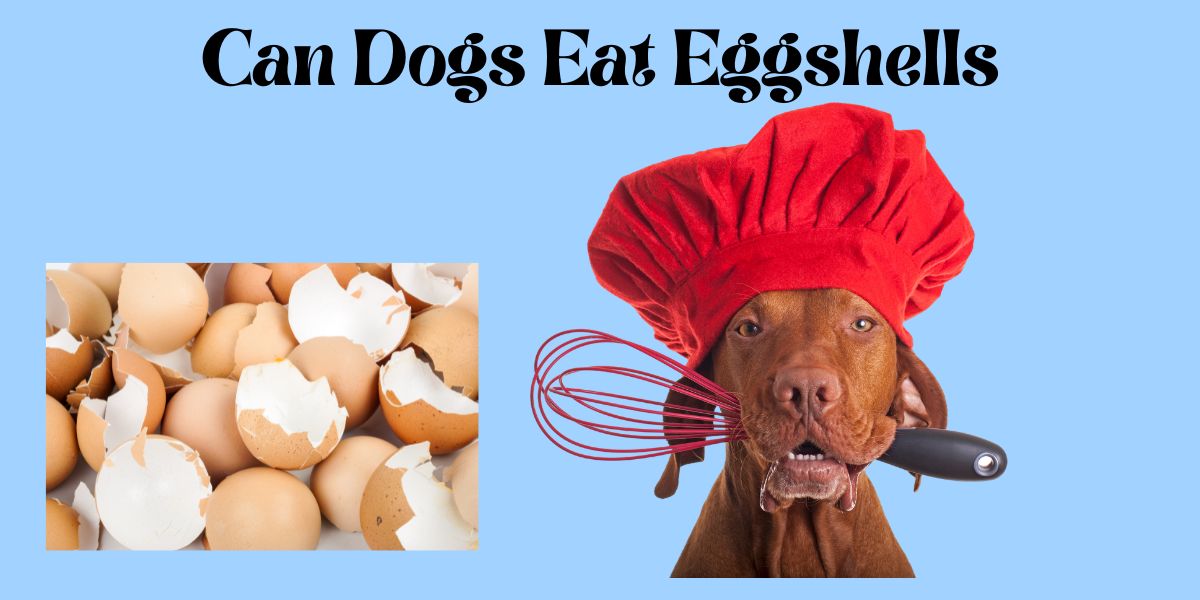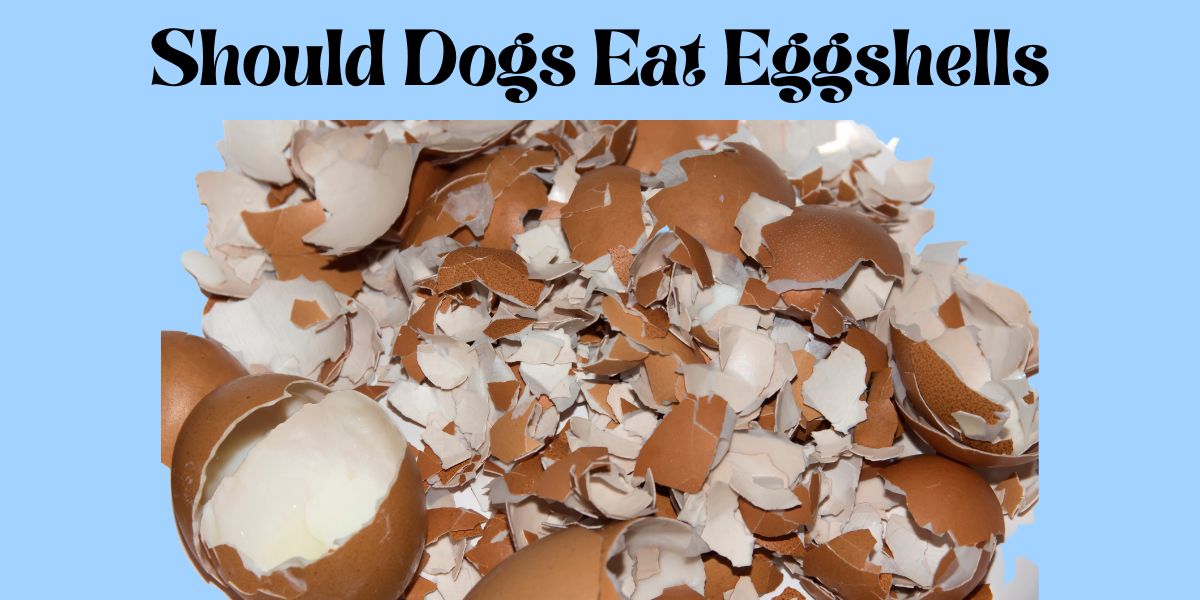Can Dogs Safely Eat Egg Shells?

Are you curious about whether or not your furry friend can safely munch on egg shells? Well, the answer might surprise you! While it may seem strange, dogs can indeed eat egg shells – and what’s more, it can actually be beneficial for them. While egg shells may not be the tastiest treat, they are an excellent source of calcium, which helps in maintaining strong bones and teeth. However, it’s essential to ensure that the shells are prepared properly to avoid any potential health risks. Let’s explore the dos and don’ts of feeding your dog egg shells and discover how to make this unusual snack a safe and nutritious addition to their diet.
Can Dogs Safely Eat Egg Shells?
Have you ever wondered if it’s safe for your furry friend to munch on egg shells? Well, the answer is yes, but with some considerations. Egg shells can actually provide some nutritional benefits for dogs, especially in terms of calcium. However, there are also potential risks associated with feeding dogs egg shells. In this article, we will delve deeper into the nutritional value of egg shells, the benefits of calcium for dogs, potential risks of feeding dogs egg shells, how to prepare and feed egg shells to dogs, and alternative sources of calcium. Remember, if you have any concerns, it’s always best to consult with a veterinarian.
Nutritional Value of Egg Shells
Egg shells are composed mostly of calcium carbonate, making them an excellent source of calcium for both humans and dogs alike. Calcium is an essential mineral that supports various bodily functions, such as muscle contractions, nerve function, and bone health. In addition to calcium, egg shells also contain small amounts of other minerals like magnesium and phosphorus, which are important for overall health.
Calcium Benefits for Dogs
Calcium plays a vital role in maintaining the health and functionality of a dog’s body. It is necessary for strong bones and teeth, aids in nerve transmission, and helps with blood clotting. Puppies, in particular, require adequate amounts of calcium for proper skeletal development. Regular calcium intake is essential for dogs of all ages to prevent conditions like osteoporosis or weak bones.

Potential Risks of Feeding Dogs Egg Shells
While egg shells can offer some nutritional benefits, it’s important to be aware of the potential risks associated with feeding them to dogs. One of the main concerns is the possibility of ingesting sharp shell fragments that could cause injuries or irritate the digestive system. To mitigate this risk, it’s crucial to properly prepare the egg shells before giving them to your dog and ensure they are ground or crushed into fine pieces.
Another aspect to consider is the calcium-to-phosphorus ratio in a dog’s diet. While calcium is important, an imbalance in the calcium-to-phosphorus ratio can lead to health issues. Excessive calcium intake without enough phosphorus can potentially disrupt the absorption of other essential minerals and cause mineral imbalances. Therefore, it is crucial to provide a balanced diet that includes appropriate amounts of both calcium and phosphorus.
Preparing and Feeding Egg Shells to Dogs
To safely incorporate egg shells into your dog’s diet, proper preparation is key. Start by thoroughly washing the egg shells to remove any traces of egg whites or yolks. Next, you can choose to either cook or leave the egg shells raw.

Cooked vs. Raw Egg Shells
Cooked egg shells are generally considered safe for dogs to consume, as the heat can help kill any potential bacteria. However, excessive heat can also reduce the bioavailability of certain nutrients, so it’s important not to overcook the shells. Raw egg shells, on the other hand, may still contain bacteria, so they should be handled with caution.
If you opt for raw egg shells, freezing them for a minimum of 24 hours can help kill any potential bacteria. As with any food, it’s crucial to ensure proper hygiene and cleanliness when handling and preparing egg shells to ensure the health and safety of your furry friend.
Crushing or Grinding Egg Shells for Dogs
To prevent any potential injuries or digestive discomfort, it is essential to crush or grind the egg shells into fine particles before serving them to your dog. This method helps ensure that the shells are easily digestible and minimizes the risk of sharp fragments. You can use a food processor, coffee grinder, or mortar and pestle to break down the egg shells into a powder-like consistency.

Feeding Egg Shells in Moderation
While egg shells can provide some much-needed calcium, it’s important to remember that moderation is key. Too much calcium can lead to health issues, just as too little can. You should consult with your veterinarian about the appropriate amount of egg shells to feed your dog based on their specific nutritional needs. Each dog is different, so it’s crucial to consider factors such as age, breed, size, and overall health before incorporating egg shells into their diet.
Alternative Sources of Calcium for Dogs
If you’re concerned about the risks associated with feeding your dog egg shells, there are alternative sources of calcium you can consider. Many commercial dog foods already contain the necessary amounts of calcium, so it’s essential to check the nutrition label and consult with your veterinarian before introducing additional calcium-rich foods.
Some other calcium-rich foods suitable for dogs include dairy products like yogurt or cheese, canned fish with soft, edible bones (such as sardines or salmon), and leafy greens such as kale or spinach. Again, it’s important to consult with your veterinarian to determine the best options for your dog based on their specific dietary requirements.
Consulting with a Veterinarian
As always, it is highly recommended to consult with a veterinarian before making any significant changes to your dog’s diet. They can assess your dog’s unique nutritional needs and provide personalized advice on incorporating egg shells or other sources of calcium into their diet. A veterinarian is the best person to guide you through the process and ensure your dog’s overall well-being.
Conclusion
In conclusion, while egg shells can offer some nutritional benefits for dogs, it’s important to introduce them in a safe and controlled manner. Properly preparing the egg shells, feeding them in moderation, and ensuring a balanced calcium-to-phosphorus ratio are essential steps to consider. Remember to consult with a veterinarian before making any changes to your dog’s diet, especially if you have concerns or if your furry friend has any underlying health conditions. With the right guidance and care, you can safely incorporate egg shells or other calcium-rich foods into your dog’s diet, helping promote their overall health and well-being.